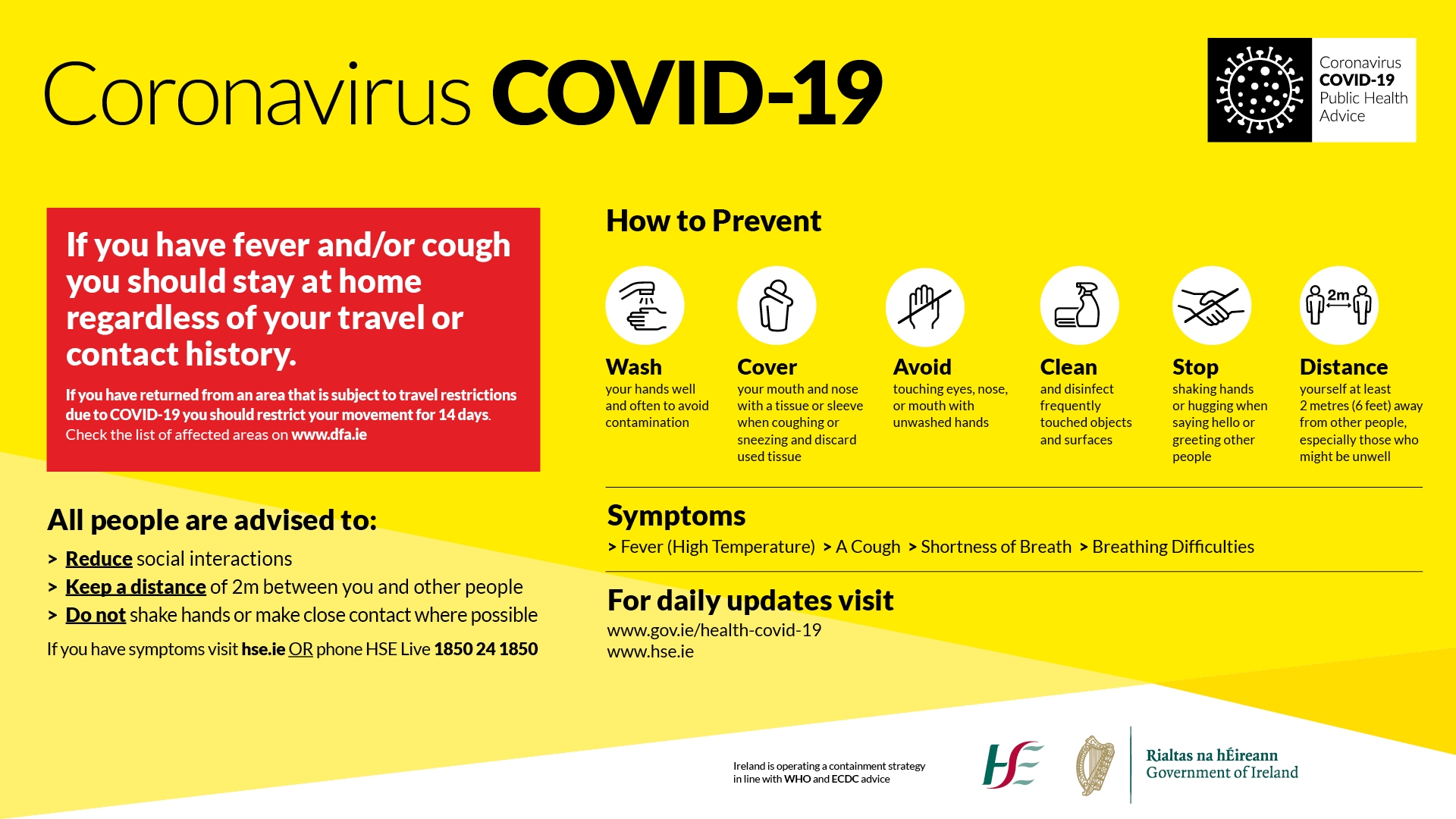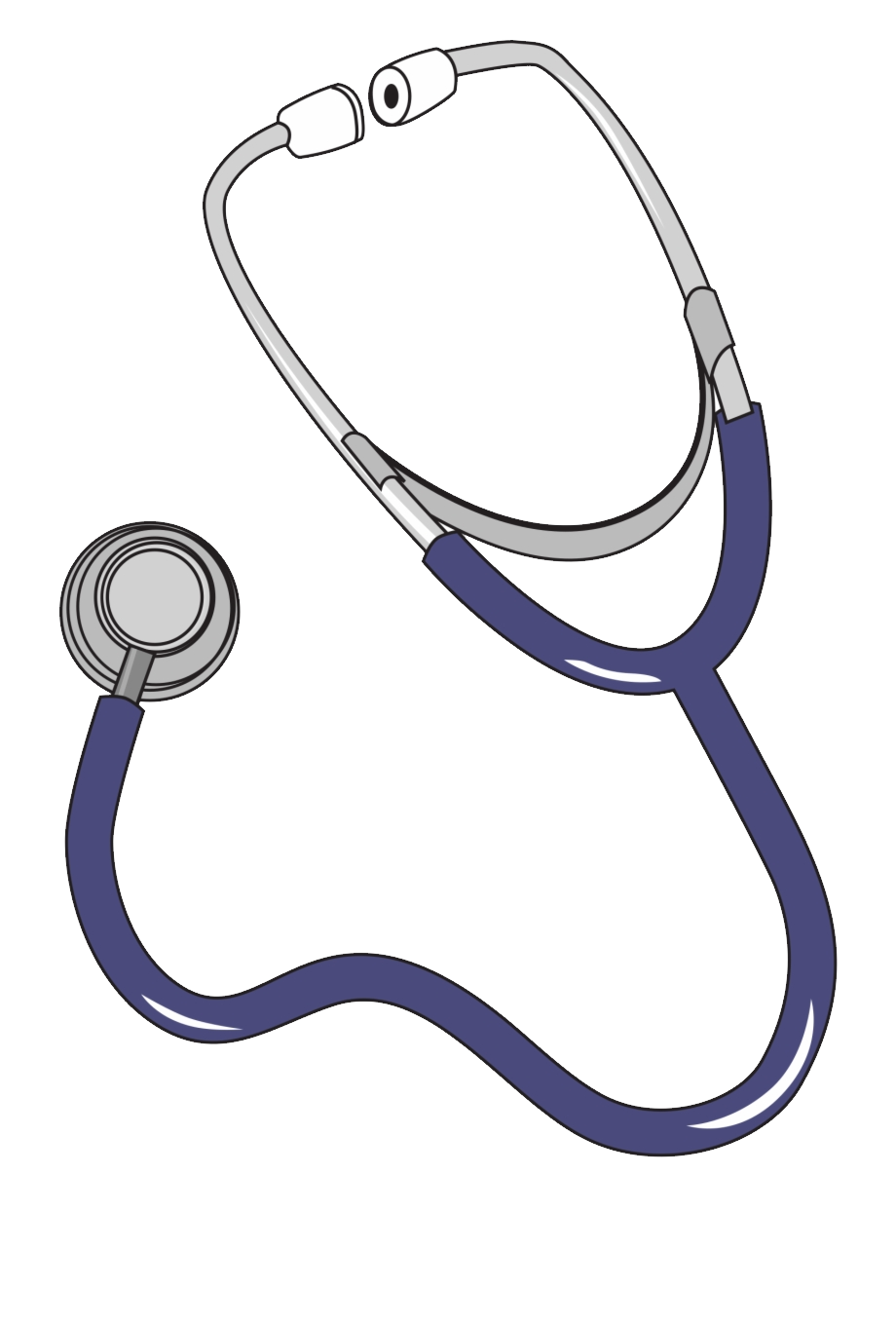Broadford Medical Centre
Covid 19 General Information
Please note when booking an appointment, please consider whether you actually need to attend the practice – many illness are mild self-limiting viruses that do not require treatment. We are trying to reduce the risk of spreading any illnesses around by asking patients only to book appointments if necessary. Our reception staff will ask about this when you call. Appointments are generally not needed for repeat prescriptions.
Face Masks for Children
The Chief Medical Officer is recommending that children wear masks in school from today.
Broadford Medical Centre fully supports this: while children with special needs can be exempted from this, there is no reason why a child with asthma or other respiratory difficulties should not wear a mask. Indeed, these children are recommended to use a mask to prevent them getting infected with COVID19.
We will not be providing certificates for children to let a school know that a child is asthmatic or has another condition: we are extremely busy at the moment managing patients presenting with covid symptoms, non-covid care, chronic disease management , vaccinations, and all the other issues which we deal with in General Practice every day: we simply do not have the time to prepare these certs which are unnecessary except in exceptional circumstances.
Like everything , masks will take time to get used to if children are not familiar with using them already: we expect that schools will be considerate of this and they know the pupils in their school communities so well that we do not expect that there will be issues with it.
We recommend that parents try a variety of masks for their children so that they can have a mask that is comfortable, snug-fitting, and safe.
TYPES OF MASKS
We do not recommend scarf-masks as their efficacy is not proven. While face coverings (two or three layers of fabric) can be useful in preventing some infection, we recommend surgical face coverings as they are superior. FFP2 / N95 masks are tighter-fitting and are better at preventing transmission of infection, but they take time to get used to and we suggest that children wear them in other settings for short periods of time before wearing them for a full day.
There are a number of simple steps that can be taken to help protect yourself and others from Coronavirus:

- Regular hand-washing using warm water and soap for at least 20 seconds. If not available, use an alcohol-based hand sanitizer.
- Avoid touching your eyes, nose and mouth with unwashed hands.
- Cover your mouth when coughing or sneezing by coughing into your elbow/sleeve and or using a tissue
- Dispose of used tissues in bins/wash your hands
- Clean and disinfect touched objects and surfaces – standard household surface cleaners and disinfectants are sufficient.
- Avoid close contact with people with any respiratory symptoms.
- Follow local public health guidance and travel advisory information.
Further information and guidance can be found at:
Health Service Executive: https://www2.hse.ie/conditions/coronavirus/coronavirus.html
Department of Foreign Affairs travel advice: https://www.dfa.ie/travel/travel-advice/coronavirus/
